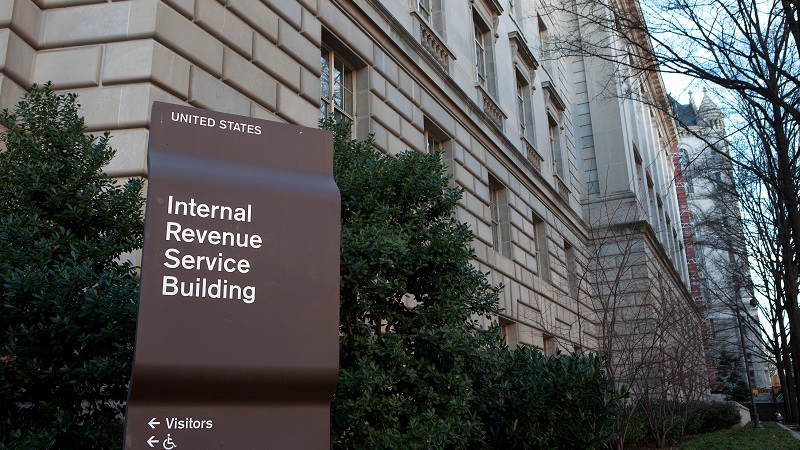On November 28, 2018, the U.S. Internal Revenue Service (IRS) and Treasury released Proposed Regulations (Prop Regs), providing guidance on the application of the foreign tax credit (FTC) rules following the enactment of the U.S. Tax Cuts and Jobs Act (TCJA) on December 22, 2017.
The Prop Regs include guidance on the expense allocation rules and their effect on the FTC limitation with respect to global intangible low-taxed income (GILTI) under section 951A. The guidance also includes information on FTC carryovers under section 904(c) and the section 78 gross up for deemed paid taxes under section 960.
In general, GILTI impacts U.S. shareholders of controlled foreign companies (CFCs) that have a large amount of intangible assets offshore. Based on the GILTI calculation, U.S. shareholders could be subject to a minimum residual U.S. tax on their CFC’s active foreign earnings.
GILTI is the excess of a U.S. shareholder’s net CFC tested income across all CFCs for the taxable year over its net deemed tangible income return (i.e., excess of 10% of qualified business asset investment (“QBAI”) over interest expense) for the taxable year. Domestic corporations are allowed a 50% deduction on GILTI under section 250. In addition, corporate U.S. shareholders are allowed a deemed paid FTC of 80% under section 960(d)(1).
According to the Prop Regs, allocated expenses may reduce the GILTI inclusion below the amount of the foreign base on which the CFC paid at least a 13.125 percent foreign effective tax rate. As a result, the U.S. shareholder’s foreign taxes deemed paid may exceed the pre-credit U.S. tax on its section 951A category income, resulting in excess credits that may not offset U.S. tax on other income.
Following the TCJA and Prop GILTI Regs, taxpayers commented on whether the amount of FTCs was based on a CFC’s foreign effective tax rate (i.e., if the foreign tax rate was at least 13.125 percent, then the taxpayer would not have any residual U.S. tax on GILTI). However, IRS and Treasury have emphasized that the FTC and expense allocation provisions are not consistent with these comments, as they may reduce the amount of taxes that may be credited without regard to the CFC’s foreign effective tax rate. In addition, Congress did not amend provisions that limit the availability of FTCs or that reduce the FTC limitation for GILTI based on U.S. or foreign losses in other separate categories or losses in other years.
Section 951A applies to taxable years of foreign corporations beginning after December 31, 2017. Proposed §1.904-2(j)(1)(ii) provides that if unused foreign taxes paid or accrued or deemed paid with respect to a separate category of income are carried forward to a taxable year beginning after December 31, 2017, those taxes are allocated to the same post-2017 separate category as the pre-2018 separate category from which the unused foreign taxes are carried.
However, it is not possible to reconstruct the amount of unused foreign taxes in a pre-2018 taxable year that would have been assigned to section 951A category income. Therefore, the Prop Regs do not require or allow taxpayers to assign any unused foreign taxes to the post-2017 separate category for section 951A category income, which is not eligible to be sheltered from U.S. tax by FTC carryovers. In addition, the Prop Regs amend §1.904-2(a) to reflect the exclusion of FTC carryovers under section 904(c) for foreign taxes paid or accrued with respect to section 951A category income.
Finally, proposed §1.904-4(o) provides a rule consistent with existing §1.904-6(b)(3), which assigns the gross up to the same separate category as the deemed paid taxes.
Click here for more information on our BEPS research and technology solutions to address your immediate and ongoing needs.






